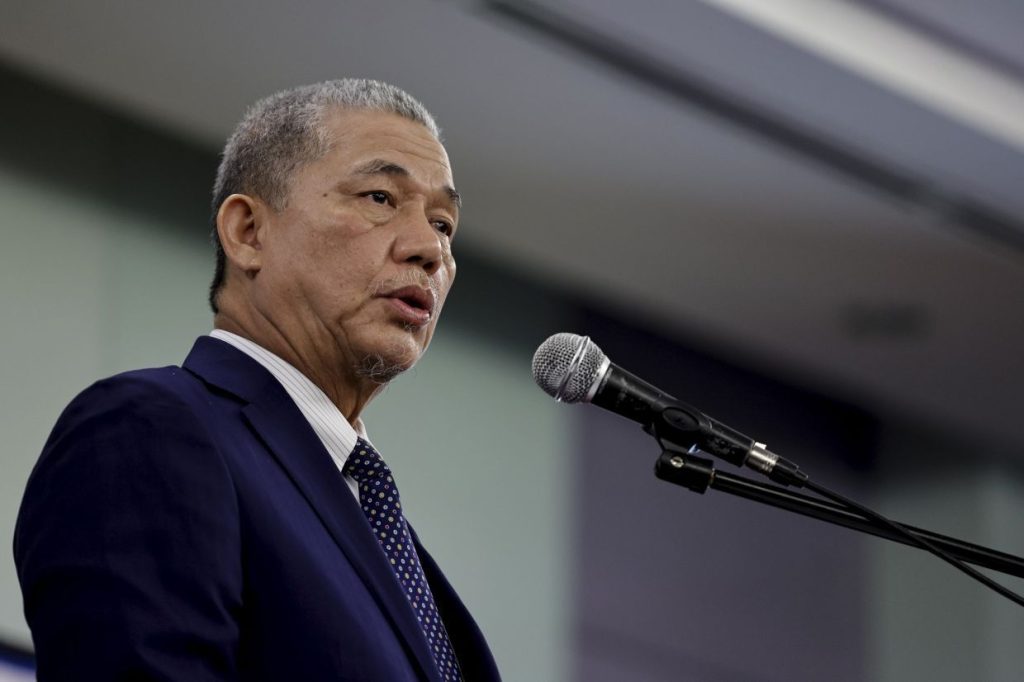
The Malaysian Sustainable Palm Oil (MSPO) certification is constantly receiving recognition globally and has been perceived to be at par with the Roundtable on Sustainable Palm Oil (RSPO), according to Deputy Prime Minister Datuk Seri Fadillah Yusof who is also Plantation and Commodities Minister.
“For Malaysia, the MSPO is more comprehensive, encompassing greater perspective when compared to the RSPO,” he said after awarding the MSPO certificate to Chinese company Grand Oils and Fats (Dongguan) Co Ltd here yesterday.
He said Malaysia hopes that its MSPO certification would be further recognised at the global level.
Fadillah added that India has recognised the certification.
Both China and India are Malaysia’s top importers of palm oil alongside Turkey, Kenya and Japan.
Malaysia is the world’s second-biggest producer of palm oil.
The MSPO standard is a national certification standard created by the Malaysian government and developed with input from stakeholders in the palm oil industry.
First launched in November 2013, it officially came into implementation on a voluntary basis in January 2015. Throughout the years, the certification scheme has evolved and improved.
For example, major revisions were introduced last year with more stringent standards, including a deforestation cut-off date on Dec 31, 2019, which meets the European Union’s (EU) Deforestation Regulation cut-off date.
More revisions were made to the identification of greenhouse gas (GHG) emissions and monitoring plans for its reduction, the introduction of new guidance on free, prior and informed consent (FPIC) and the safeguarding of human rights defenders and whistleblowers.
Meanwhile, Fadillah said his visit to Shanghai was more about promoting Malaysian palm oil to China and today, he was also involved in a roundtable interaction with industry players from China and also Malaysians who have companies in the country.
About 100 participants were involved in the interaction and the ministry heard various views and suggestions on how Malaysia can improve cooperation with China and also on how Malaysia can improve applications in terms of palm oil use and how bilateral trade can be facilitated.
“Not only in terms of palm oil, but the entire chain of palm oil production from the production of seeds to the production of downstream products from the oil palm itself,” he said.
Fadillah is on his maiden visit to China for seven days starting Nov 12. – Bernama
